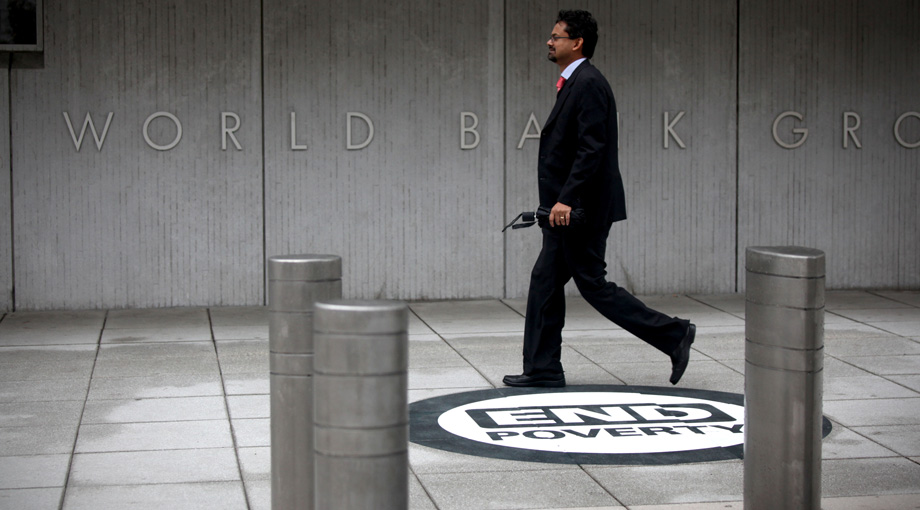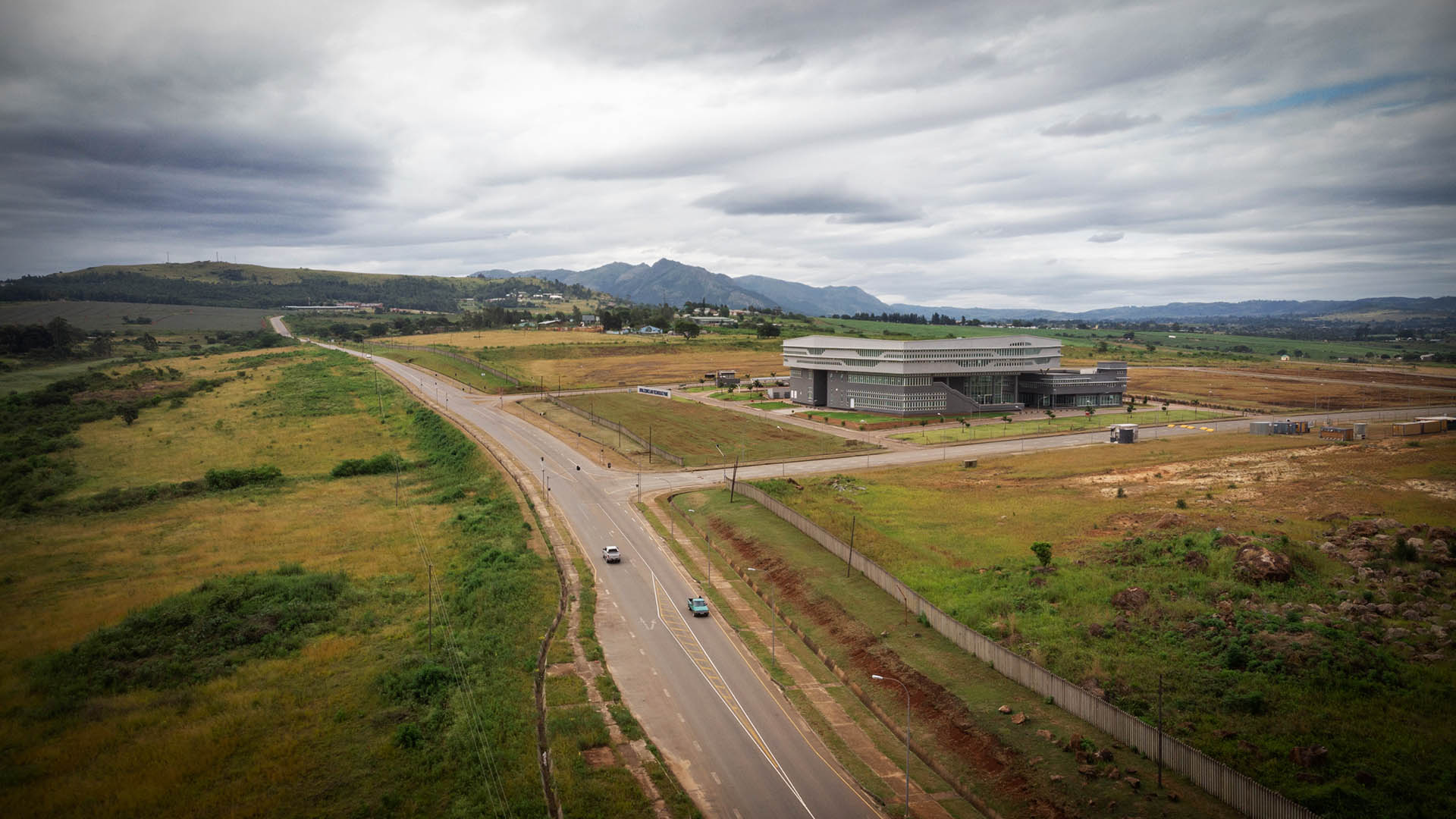WORLD BANK
As IFC delayed a damning report on a Liberian rubber plantation, the owner sold the business
A World Bank watchdog detailed allegations of displacement, pollution and other serious harms at the company, and criticized the global development agency’s handling of the project.
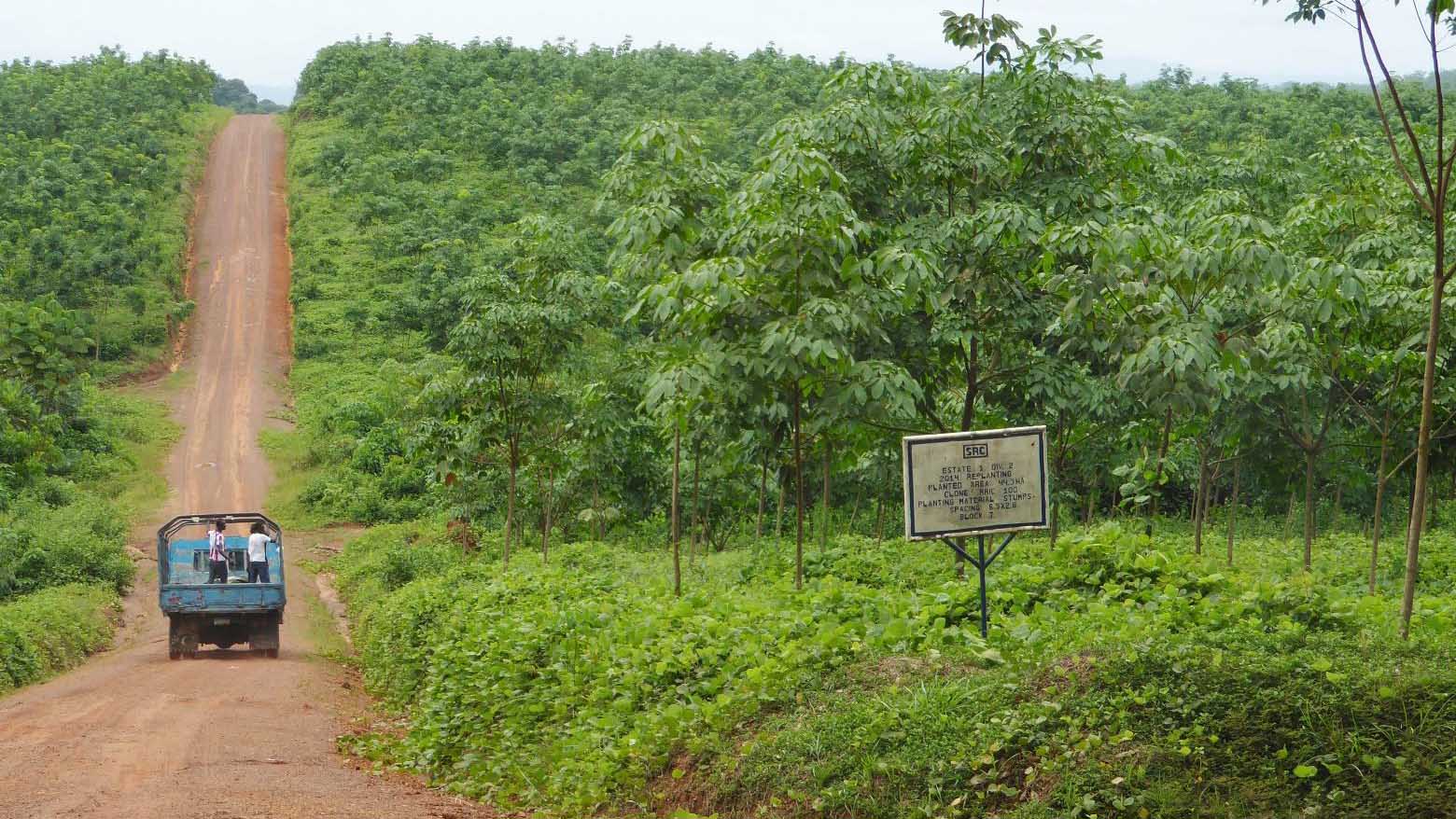
For over a year, the World Bank’s private investment arm delayed the release of a damning internal report detailing its failure to adequately address alleged land grabs, environmental pollution and other serious harms at a rubber company it financed in Liberia.
By the time the International Finance Corporation released the report in mid-March, the business’s former owner, a Luxembourg-based agricultural giant called Socfin Group, had divested, handing control over its 17-square-mile plantation to a new owner.
Advocates for 22 communities affected by the problems told ICIJ the sale allowed Socfin and the IFC to minimize their responsibility for addressing harm done to workers and plantation residents, adding to longstanding criticisms of the World Bank’s handling of damages caused by projects it finances. The IFC is owned by 186 countries and the businesses it finances have to meet certain standards for managing environmental and social risks.
Alfred Brownell, a human rights lawyer who has spent nearly a decade assisting plantation workers and nearby residents resolve their complaints, placed responsibility for the problems surrounding the rubber company — known as the Salala Rubber Corporation or SRC — squarely on the IFC. “The harm is because of their lack of due care, due diligence. They had responsibilities and they failed in those responsibilities,” he said, then let its former owner, Socfin, “walk away.”
Asked to comment on the watchdog report, the IFC said in a statement: “Throughout the life of the investment, IFC has endeavored to foster the capacity of SRC to address the significant social and environmental challenges it faced.”
Socfin said in a statement that it “developed and published an action plan that addresses these concerns, and … continues to work on this action plan even after the sale of SRC, demonstrating our commitment to long-term improvements.”
Speaking to ICIJ, community representatives say that conditions on the plantation have only worsened since August, when Socfin sold SRC to its current owner, Jeety Rubber. In a press release about the sale, Socfin said it had decided to sell “following several years of sustained losses.” Work on the plantation was temporarily halted following June protests over pay and labor conditions that turned violent and ended with SRC’s offices in flames.
Since the sale, contractors are earning less and there are new restrictions on movement around the plantation, the community representatives said, further alleging that police have threatened workers and residents there. SRC employs about 900 people.
On March 17, police arrested Mary Boimah, the head of the SRC workers’ union, and Lawrence Gorgbor, the union’s secretary, on charges related to the June 2024 protests. Samwar Fallah, a lawyer for Green Advocates, which helped bring the communities’ complaints to the IFC and is now representing Boimah and Gorgbor, told ICIJ that the two were not present during the demonstration and the accusations against them, which include arson and armed robbery, are “frivolous.” The pair — who have condemned the violence and property destruction at the plantation — had not been released as of April 1, representatives said.
In response to questions from ICIJ about current conditions on the plantation, Socfin wrote that it no longer has “operational oversight” of SRC, adding that “these questions are now under the new management’s responsibility, therefore we cannot further comment.”
Jeety did not respond to questions from ICIJ about the arrests and current conditions on the plantation.
The Liberian National Police did not respond to requests for comment.
In December 2023, investigators from one of the World Bank’s internal watchdogs, the Compliance Advisor Ombudsman, presented the IFC with a 108-page report. It said that, for more than a decade, the organization had failed to adequately “assess and monitor the environmental and social (E&S) risks and impacts” of SRC’s operations and ensure that the company met the IFC’s standards.
World Bank policies gave the IFC 50 business days after receiving the report to prepare an action plan explaining how it would respond to the findings and to submit that plan to its board of directors. Instead, IFC postponed the submission for over a year until mid-January.
The IFC published the watchdog report and its action plan in mid-March following a meeting of its board in Washington.
In response to questions from ICIJ about the delay, the IFC said that “given the four-year gap since IFC has had an investment in SRC, IFC requested additional time to allow for meaningful engagement with the former client and complainants in composing an implementable Management Action Plan. This process was further delayed by violent protests at SRC’s office in June and the subsequent sale of SRC by Socfin.” SRC repaid its loan to IFC on schedule in March 2020.
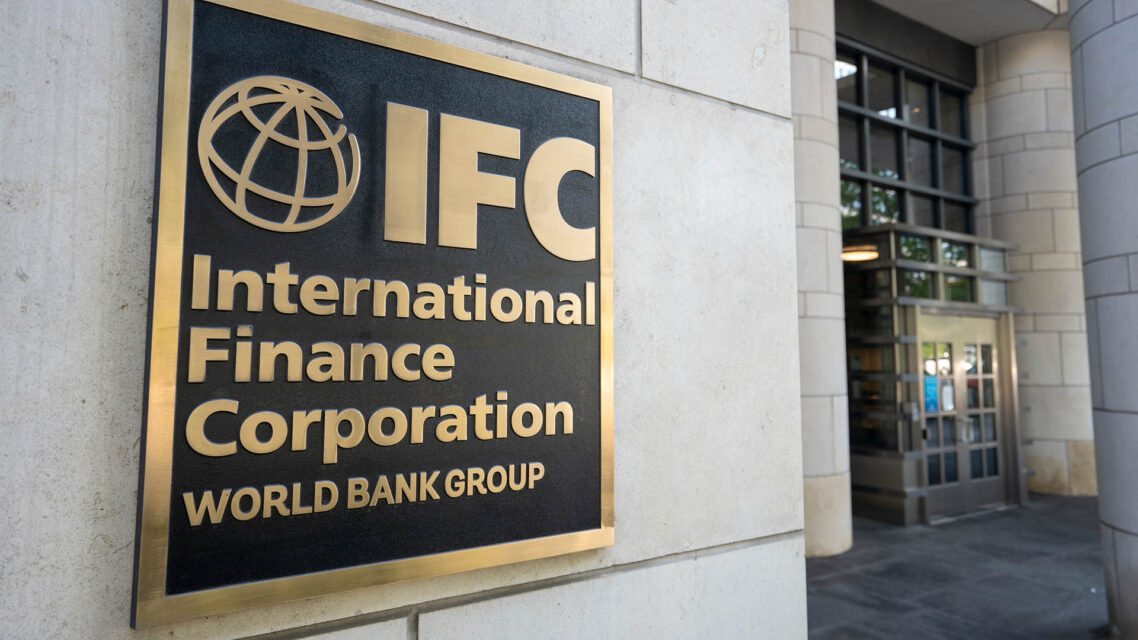
Unresolved complaints
Liberia is one of the world’s poorest countries. Rubber and timber are its main exports and the vast majority of its population of 5.5 million works in agriculture. In 2008, the IFC agreed to loan SRC $10 million to help rehabilitate and expand its rubber plantation, located about a three-hour drive from the capital Monrovia and the site of horrific violence during Liberia’s civil wars fought between 1989 and 1997, and 1999 and 2003. Socfin took full ownership of the plantation in 2009.
In preparation for the loan, IFC visited the plantation and drew up a list of problems for SRC, then one of the country’s largest rubber producers, to address. It also instructed SRC to prepare a report to assess certain risks its operations might pose to the environment and local community.
On its website, IFC wrote that SRC had agreed to take steps to prevent a panoply of possible issues and concerns ranging from child labor to the use of harmful insecticides.
However, the IFC’s board signed off on the loan before SRC had completed its report or the actions outlined in the IFC’s remediation plan, the Compliance Advisor Ombudsman found, adding that, without the report, there was no way for the IFC to properly assess the project’s potential harms.
The need for proper due diligence was especially acute because of the plantation’s history, the Compliance Advisor Ombudsman wrote. “At the time of IFC’s investment, Liberia was a newly post-conflict state,” it noted, and the plantation “was used as a rebel base where there were reports of atrocities being committed, leading to mass exodus of settlements in the plantation. These conditions would indicate the need for added vigilance during IFC’s pre-investment review.”
When the IFC finally received SRC’s report, it deemed it “inadequate,” but gave SRC the funds anyway.
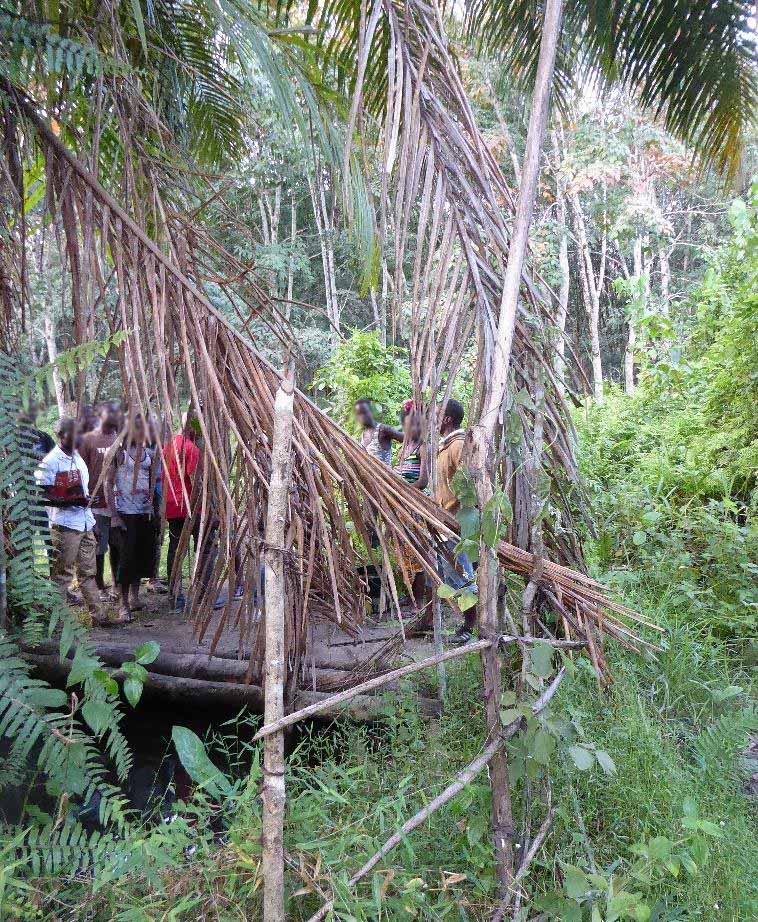
Problems quickly became apparent. The IFC repeatedly visited SRC and found its social and environmental protection procedures deficient. Then, in 2013, it received a complaint from an NGO alleging that SRC had pushed people off their land and polluted local drinking water, the Compliance Advisor Ombudsman said. SRC refuted the reports.
Nevertheless, in 2015, the IFC and Socfin entered negotiations for a second round of financing, the report said, noting that “IFC anticipated that this investment would give it leverage to instigate improvements at SRC.” Due diligence at the time uncovered serious concerns about the company’s impact on the environment and local communities, but when the deal fell through, the report continued, the IFC’s supervision of SRC “effectively ceased.”
Then in 2019, a team of investigators from Bread for All, a Swiss aid organization, worked with Liberian advocacy groups to publish a report on SRC, detailing a variety of alleged human rights violations — past and present — on the plantation. “Life and work on the plantations is marked by violence,” the group wrote in its report. “The statements from many people who live on or near the plantations suggest a climate of fear.”
At the time, Socfin called Bread for All’s accusations “greatly exaggerated in its context if not incorrect.”
In response to questions from ICIJ, the company said that it had introduced policies to improve its labor and management practices in 2017. It also hired the Earthworm Foundation, a Swiss nonprofit that works with corporate giants such as 3M, Cargill and Nestlé to promote sustainable supply chains, to audit their implementation and make recommendations for improvements. The nonprofit recommended an action plan for SRC in 2019, but, the company said in an email, “the progression of these initiatives faced unforeseen delays due to the Covid-19 pandemic.”
In the wake of Bread for All’s findings, a coalition of Liberian advocacy groups filed a complaint with the Compliance Advisor Ombudsman on behalf of 22 local communities, ultimately triggering the investigation that led to the December 2023 report. When IFC representatives traveled to SRC in 2019 to follow up, it was their first visit in six years, the ombudsman report said. During the trip, it noted, “IFC concluded that many of the issues IFC identified in its last site visit in 2013 remained outstanding.”
The Compliance Advisor Ombudsman launched its investigation in October of the following year, it wrote in its report, but staff were not able to visit SRC because of the pandemic. In the meantime, SRC declined mediation with the complainants after questioning the ombudsman’s impartiality and the legitimacy of the complaints.
In its response to the Compliance Advisor Ombudsman’s report, the IFC wrote that because SRC repaid its loan in March 2020, it has “no control or leverage over the effective implementation and results of the SRC’s actions.”
Socfin told ICIJ that it is “open to potentially cooperating with the IFC,” but it is currently focused on working with Jeety, the new owners, to carry out its own set of reforms outlined in a separate report by the Earthworm Foundation. In 2023, after complaints about SRC surfaced in the media, Socfin asked the organization, of which it has been a paying member since 2017, to review its operations on the plantation.
The report, released in July 2023, validated complaints about sexual harassment by SRC employees and violence by police responding to calls from SRC security. It found that the company had not sufficiently compensated some people for lost crops, among other problems. The report included recommendations that largely mirror those made later by the IFC.
But Brownell, the human rights lawyer, and other advocates question whether Socfin will honor its promise to work with Jeety to implement Earthworm’s recommendations.
In its action plan, IFC said that “in light of recent security challenges at the plantation” it has yet to begin work on its own remediation plans, which include a community fund.
Community representatives in Liberia told ICIJ that the IFC’s recommendations don’t go far enough anyway and point to a glaring omission: financial compensation for indigenous people displaced by SRC’s operations. The IFC’s performance standards require resettlement or compensation for indigenous communities displaced by IFC-backed projects.
In a response to the Compliance Advisor Ombudsman’s report, the IFC said it had concluded that the indigenous label did not apply to the affected population, therefore it was “unable to respond to this recommendation.”
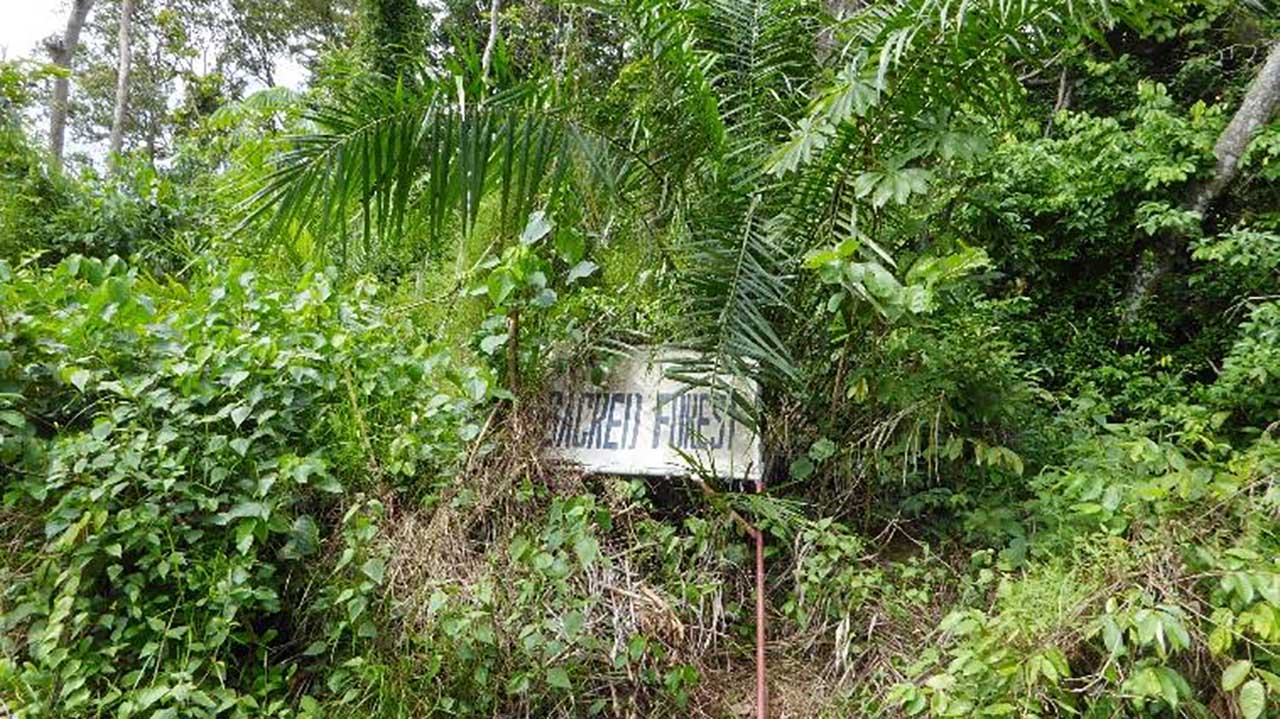
No formal relationship
For Stephanie Amoako, policy director at Accountability Counsel, the IFC’s response to the SRC complaint is part of a pattern of behavior that raises larger questions about the institution’s commitment to addressing harms caused by its financing.
“This is not the first time that the IFC has delayed and not stepped up,” she said. In the SRC case, she sees parallels with the IFC’s investment in Bridge International Academies, which operates private schools in Africa.
Last summer, IFC hired the law firm Freshfields Bruckhaus Deringer to investigate its response to child sexual abuse allegations at Bridge International during its investment. The Freshfields probe followed a 2023 Compliance Advisor Ombudsman report that found the “IFC was aware of multiple incidents of child sexual abuse, involving 23 survivors, by the time it exited the investment in March 2022.” IFC, the watchdog concluded, had failed to conduct either adequate due diligence or supervision of Bridge’s response to the problem.
Freshfields concluded that there had been no “intent to obstruct or frustrate” the Compliance Advisor Ombudsman investigation into the Bridge scandal, but that the “IFC could have cooperated with the CAO investigation in a more timely, efficient, and rigorous manner.”
Amoako, whose organization advocates for people affected by international development projects and is representing some of the children harmed during the Bridge investment, said that, despite the two reports, the IFC has not yet directly addressed the harms done to the survivors her organization represents.
The Bridge and Salala Rubber Corporation cases are also similar in another respect: in both, the IFC’s investment ended before it had resolved the complaints against it. The same scenario has occurred frequently enough that in December 2023 the Compliance Advisor Ombudsman issued a report on it, finding that “exits during active CAO cases are common.” While reasons for those exits varied, they “often took place earlier than planned for in loan agreements,” it noted. “These ‘early’ exits have significant implications for IFC’s management of risk, for CAO accountability processes, and ultimately for providing remedy to project-affected people.”
In the case of SRC, the exit was not early. Nevertheless, its formal relationship with the IFC ended once the loan had been repaid, the watchdog noted in its report, making it harder for the institution to respond to the problems the watchdog had found.
That has not, however, stopped the IFC from repeatedly asserting that that SRC will be responsible for implementing key elements of remediation efforts outlined in the action plan it presented to the board in March.
“IFC’s response to CAO’s recommendations is to seek to work closely with SRC to strengthen its E&S management system and stakeholder engagement program,” it wrote.
In response to questions from ICIJ, Socfin told ICIJ that it had not received a copy of the IFC’s action plan ahead of its publication in mid-March, and that the company had last discussed the plan with the IFC in July, before it sold SRC to Jeety.
When ICIJ asked Jeety a few days before the report’s release if it intended to cooperate with the IFC on its plan, the company reacted with surprise.
“We have not received the CAO report or IFC’s management action plan and therefore cannot comment on its specifics,” a Jeety representative wrote in an email.
“Please let us know if you are able to share the report you mentioned or any relevant documents that would allow us to engage with you in a more informed manner.”
